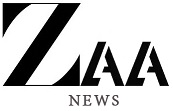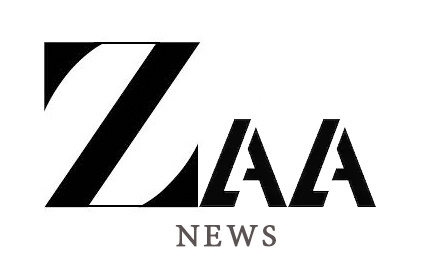Disney & Universal File Landmark AI Copyright Lawsuit Against Midjourney
In a groundbreaking legal move, Disney and Universal Pictures have launched a joint copyright infringement lawsuit against AI startup Midjourney, marking a pivotal moment in the entertainment industry’s response to generative artificial intelligence.
The Heart of the Lawsuit
Disney and Universal allege that Midjourney’s AI was trained on copyrighted content from their studios without permission. According to court filings, the imagery generated by Midjourney often mimics styles, characters, and scenes directly traceable to blockbuster franchises, raising concerns that the AI is violating intellectual property rights.
The studios are seeking legal remedies that include requiring Midjourney to license content, or impose filtering mechanisms to prevent unlicensed use of copyrighted material.
Industry Stakes: Creators vs. AI
This lawsuit is seen as the most significant legal action by major studios to date against an AI firm—and potentially a turning point in how creative works are protected in the AI era.
It arrives amid growing concern over AI models like Midjourney, OpenAI’s Sora, and Stable Diffusion, which can replicate artwork styles, character likenesses, and narrative visuals—raising questions about what defines “original” in the digital age.
Studios emphasize:
- Fair compensation: Artists, actors, and writers must be remunerated if their likeness or style is used by an AI.
- Control & licensing: Content owners should have the power to decide how and when their intellectual property is used.
Actors’ unions are reportedly engaged in parallel negotiations with studios over how AI might use performers’ voices or likenesses.
Industry-Wide Response
Legal experts suggest this case could establish a precedent:
- AI accountability: If successful, studios may set stricter standards on how AI firms train models using copyrighted media.
- Corporate licensing platforms: Midjourney and others might adapt to include robust licensing options.
- Studio-AI relationships: A path may emerge for studios to partner with AI firms—balancing innovation with rights protection.
Meanwhile, some warn that over-regulation of AI may slow artistic and technological progress, while others see this as critical protection for creative labor.
What to Watch Next
- Court proceedings: Will the case settle quickly, or spark a full trial? Be alert for preliminary rulings on injunctions or fair-use interpretation.
- Industry reactions: Other studios, publishers, and musicians will watch closely—this suit could catalyze a wave of similar legal actions.
- AI platform responses: Midjourney’s rebuttal and any platform policy changes will be closely scrutinized.






